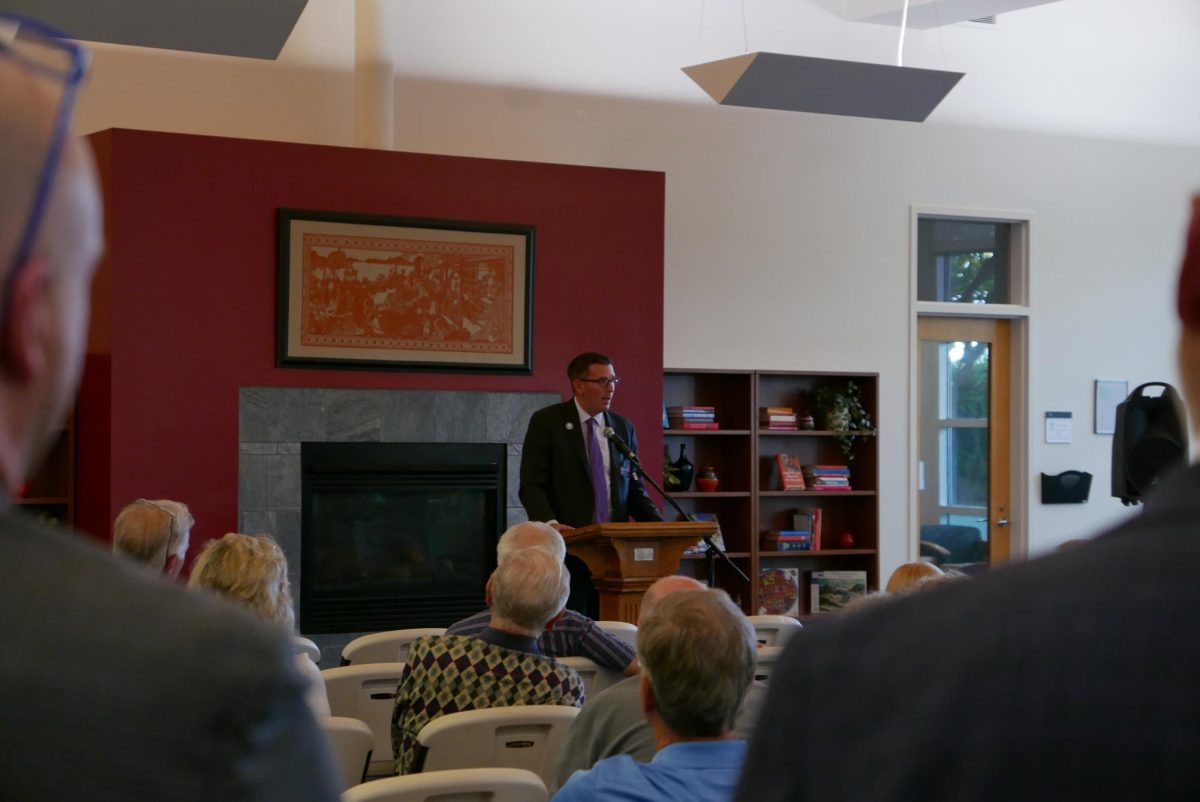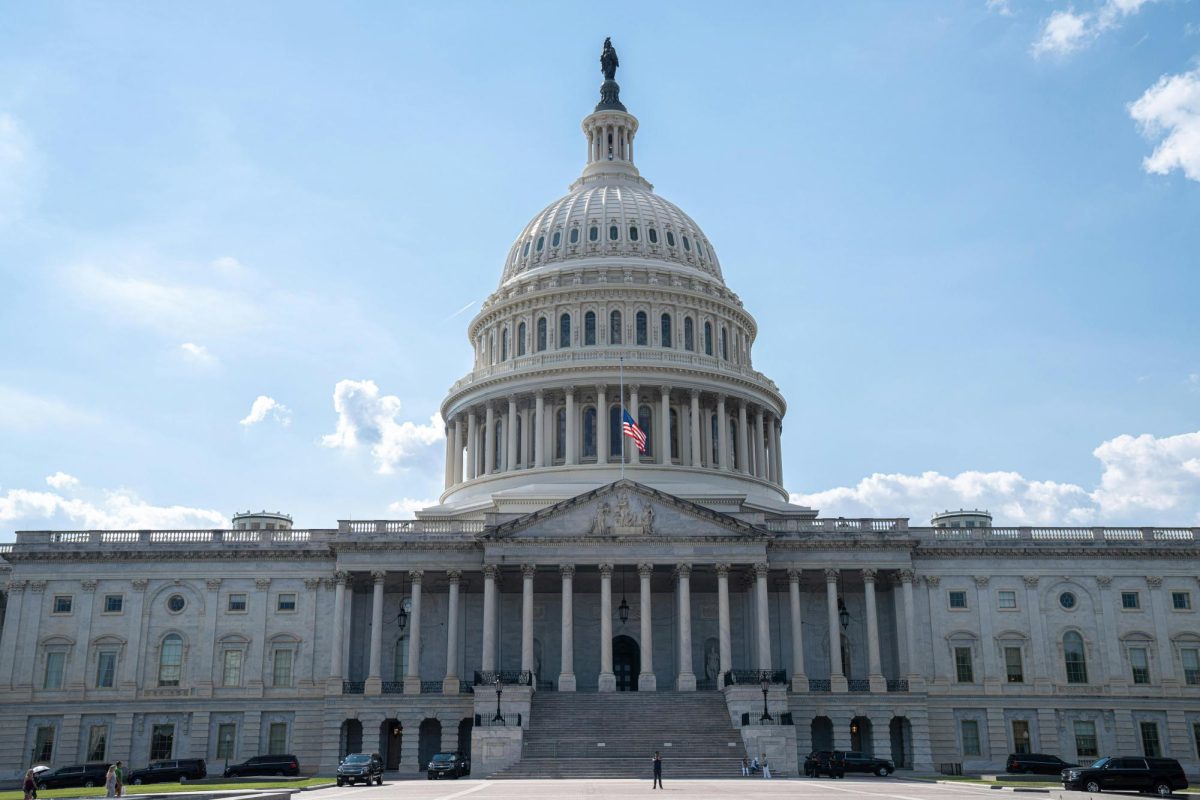Ill-effects of House Republican’s “hostage taking” and the subsequent government shutdown of Oct. 1 are surfacing at Linfield, affecting students and staff alike.
“A faction of Republicans in the House of Representatives is refusing to hold a vote on a continuing resolution that would open the government,” Assistant Professor of Political Science Patrick Cottrell said.
“[The Republican faction] went into this process trying to delay the implementation of the Affordable Care Act [Obamacare}. They don’t want to see it remain a law,” Cottrell said.
“They are using this tactic that some have referred to as ‘hostage taking’ or extortion,” Cottrell said.
Hostage taking refers to the thousands of government workers furloughed, or rather, laid off temporarily, with reduced or no pay.
The furloughed workers, or “hostages,” are putting pressure upon Democrats to resolve the issue. The Republicans hope to leverage this pressure to force key concessions out of the Democrats on Obamacare.
The government shutdown is not confined to Washington D.C.
The widespread government furloughs have deprived many Linfield students and staff alike of much needed governmental resources.
“I have research collaborators at the Pacific Northwest Research Station, and they have been furloughed,” Associate Professor of Biology John Syring said in an email.
“This has greatly impacted my research, as the work that they [were] contributing to our study has been put on hold indefinitely. Some of this work is time sensitive,” Syring wrote.
“In the [Economics} department, most of our upper division classes have projects that rely on government data,” Associate Professor of Economics Eric Schuck said.
“In a number of our classes, the students simply can’t access the resources that they need to do their research,” Schuck said. “Since we can’t access those basic data websites, we are kind of flying blind.”
Linfield is a private institution. It does not depend on substantial amounts of federal fundings.
This is fortunate in that there have been few fiscal discrepancies that have arisen in the Linfield budget according to Syring, who is also a part of Linfield’s budget committee.
Ill-effects of the shut down are not limited to his academic life for one faculty member.
Schuck, also a lieutenant in the Navy Reserve, has faced difficulties with funding the reserve unit that he commands.
A law passed several years ago called the Pay Our Military Act continues to fund American military members on active duty.
Schuck’s unit is a part of America’s reserve forces and is not considered by the government to be “active.”
Schuck’s unit is, therefore, not receiving funds to carry out their monthly drills and responsibilities.
“Because we don’t have the funds to do our monthly duties, our readiness is starting to degrade rather noticeably. It’s very frustrating,” Shuck said.
Ryan Morgan / Senior reporter
Ryan Morgan can be reached at [email protected].






